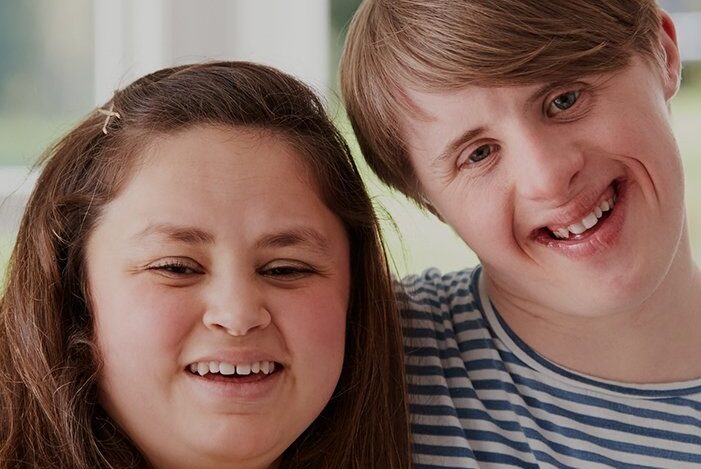Positive Behaviour Support (PBS)
Real Support. Real Change. A Better Life.
When someone you care about is expressing big or unsafe behaviours, daily life can become stressful, unpredictable, and exhausting. Relationships suffer. Routines break down. Simple outings or family time become too hard. You may feel like you’ve tried everything but and nothing works.
That’s where we come in.
Life Doesn’t Have to Continue This Way
Imagine a home environment that feels calmer. A team that’s confident, supported and working together. A person who once felt unheard or overwhelmed is now able to express themselves more clearly, manage their emotions, and feel more in control. That’s the kind of change we support through Positive Behaviour Support.
How We Help
We partner with you to understand what’s really driving the behaviour to find new ways to help people to express themselves. Together, we build a Positive Behaviour Support Plan (PBSP) that’s completely personalised.
You’ll get:
– Practical strategies that reduce stress, conflict and crisis
– Real support to help the person feel safe, heard and in control
– Tools for support teams and families to respond with confidence
– A clear plan that’s proactive, strengths-based and focused on long-term change
Why Families and Support Teams Work With Us
Because they’re tired of just ‘coping’. They want their person to thrive, not just be ‘managed’. They want a better way forward.
Whether you’re facing aggression, shutdowns, obsessive behaviours, emotional outbursts, or ongoing anxiety, our experienced practitioners help unpack the why, not just the what. We don’t do quick fixes or jargon. We walk alongside you to bring clarity, calm and confidence back into your lives.
We Focus on:
– What matters most to the person
– Avoiding restrictive practices wherever possible
– Respect, dignity and a voice for the individual
– Support that lasts that is built around the individual’s needs, strengths and goals
What Changes for You?
– Less chaos, more calm
– Reduced incidents and emergency responses
– Improved communication between the participant and their team
– Increased confidence and skills for everyone involved
– A more inclusive, empowering, and enjoyable day-to-day life
Empowering People, Improving Lives
At One Tribe Australia, we believe every person deserves to feel safe, supported, and understood. Positive Behaviour Support is about enhancing quality of life, creating stronger relationships, and supporting people to thrive in their everyday environments.
Compassionate, Experienced Support
Our dedicated Behaviour Support Practitioners bring compassion, experience, and specialist knowledge to help people of all ages and abilities. We take the time to get to know each person, complete thorough assessments, and create a personalised Positive Behaviour Support Plan tailored to their strengths, needs, and goals.
A Team Approach
Positive Behaviour Support works best when everyone is included. We work closely with the individual, their family, carers, and wider support team to build a consistent, understanding and empowering environment. Together, we aim to reduce stressors and create positive change that’s lasting and meaningful.
Always Upholding Dignity and Rights
We are committed to ethical, respectful practice. Our team works to eliminate the need for restrictive practices wherever possible, always prioritising the person’s rights, choices, and quality of life. Every strategy we use is grounded in empathy, inclusion, and respect.
At the heart of our Positive Behaviour Support approach is a deep respect for each individual’s story. We work alongside you to understand what’s behind the behaviour and build practical, personalised strategies that make daily life calmer, safer, and more fulfilling – for everyone involved.
NDIS Registered and Qualified
We are NDIS Registered. Our practitioners are Behaviour Support Practitioners under the NDIS Quality & Safeguards Commission, working within core and proficient levels. We recently received 5/5 Best Practice recognition for our services under Behaviour Support in the NDIS (this is only awarded if the organisation can prove that they go above and beyond the minimum NDIS Practice Standards requirements) – we’re setting the bar higher.
Lets take the first step together…
You don’t have to keep navigating this alone and things can get better.
If you’re ready for real support, not just more information… If you’re looking for a team that sees the person behind the behaviour, and walks beside you every step of the way, we’re here for you.
Let’s start with a conversation. No pressure. Just a chance to connect, ask questions, and explore what support could look like for your situation.
📞 Contact us today to find out how Positive Behaviour Support can help create the change you’ve been hoping for.
One Tribe Australia
Real Support. Real Change. A Better Life.







